The 1960s saw great improvement in Japan’s economy, including the railways. The first modern high-speed rail line opened in 1964 and many limited express trains and overnight trains started to cross the nation. After the popularity of Japanese sleeper trains peaked in the 70s, however, the country’s expanding network of bullet trains, domestic air routes, and cheaper night buses have nearly wiped out this way of travel.
Image credits: ajitk55
The Sunrise Seto and the Sunrise Izumo are the only regularly operating sleeper trains left. On their outward journey from Tokyo, the two trains are coupled together as one long 14-car train until they reach Okayama.
Image credits: sandy_ganlath
At Okayama Station, the Sunrise Seto and the Sunrise Izumo are separated into two 7-car trains. Each train then continues on their own, eventually reaching different destinations. The Sunrise Seto goes to the city of Takamatsu on the island of Shikoku, and the Sunrise Izumo goes to the city of Izumo in Shimane Prefecture.
Image credits: ajitk55
On their return journeys, these two trains run separately from their starting points at Takamatsu and Izumo, and are coupled together once again when they reach Okayama and stay that way all the way to the final stop at Tokyo.
Image credits: kiji.life
The daily trains depart Tokyo at 10 pm and arrive at their destinations at 7:27 am (Takamatsu) and 9.58 am (Izumoshi). Taking advantage of this service can save travelers the expenses of a night in a hotel.
Image credits: happytrain_sunamichan
Image credits: apubby
The Sunrise Seto/Izumo don’t offer regular seating. Instead, the carts are equipped with private cabins and an open area called “nobi nobi” which invites to lay down on carpeted ground.
Image credits: espi_poler
Image credits: gwu
Depending on the compartment type, Japan Rail Pass holders will have to pay an additional supplement up to about 17,000 yen (~$153) to ride in the cabins, but usually will be able to use the “nobi nobi” without paying extra.
Image credits: apubby
Common use areas include a shower that passengers can use for 6 minutes after buying a token. However, there is a limited supply of these tokens, so everyone who wants to use the shower during their trip is advised to buy one early.
Image credits: apubby
Image credits: studioshuko
Other facilities on the train include toilets, vending machines, and lounges.
Image credits: W0746203-1 / Wikipedia Commons
Image credits: apubby
The Sunrise Seto/Izumo aside, numerous Japan Railway companies are trying to attract new customers by offering luxury sleeper trains. These usually have five-star lounges with working fireplaces, dining and observatory cars with floor-to-floor panoramic views and menus devised by Michelin-starred chefs. A trip on one of these can set you back up to $10,000!
Twilight Express Mizukaze
Image credits: AFP
Image credits: AFP
Image credits: AFP
The Seven Stars train
Image credits: japanspecialist
Image credits: japanspecialist
Image credits: japanspecialist
People had a lot to say about these trains
Looks lovely - only problem is if you get a loud snorer on one of the open carriages. Tried to sleep in a hospital ward with snorers and found it impossible!!
When I was in hospitaI for a month I used earplugs - and I WAS the snorer.
Load More Replies...Used to get the overnight sleeper from Scotland every week. Used the "seated" carriage which was very comfy, as needed to get off at 4.30am. Most people were asleep anyway. I never dared doze off as after the service from Inverness was joined to the Aberdeen train at Edinburgh It became the longest passenger train in the UK and few stations could accomodate it. If I had missed my 4.30am stop at Preston, I would have been stuck on if for a further 200 miles to London.
Looks lovely - only problem is if you get a loud snorer on one of the open carriages. Tried to sleep in a hospital ward with snorers and found it impossible!!
When I was in hospitaI for a month I used earplugs - and I WAS the snorer.
Load More Replies...Used to get the overnight sleeper from Scotland every week. Used the "seated" carriage which was very comfy, as needed to get off at 4.30am. Most people were asleep anyway. I never dared doze off as after the service from Inverness was joined to the Aberdeen train at Edinburgh It became the longest passenger train in the UK and few stations could accomodate it. If I had missed my 4.30am stop at Preston, I would have been stuck on if for a further 200 miles to London.

 Dark Mode
Dark Mode 

 No fees, cancel anytime
No fees, cancel anytime 


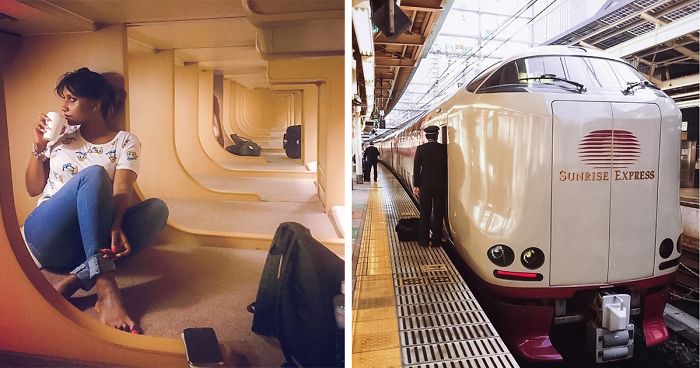
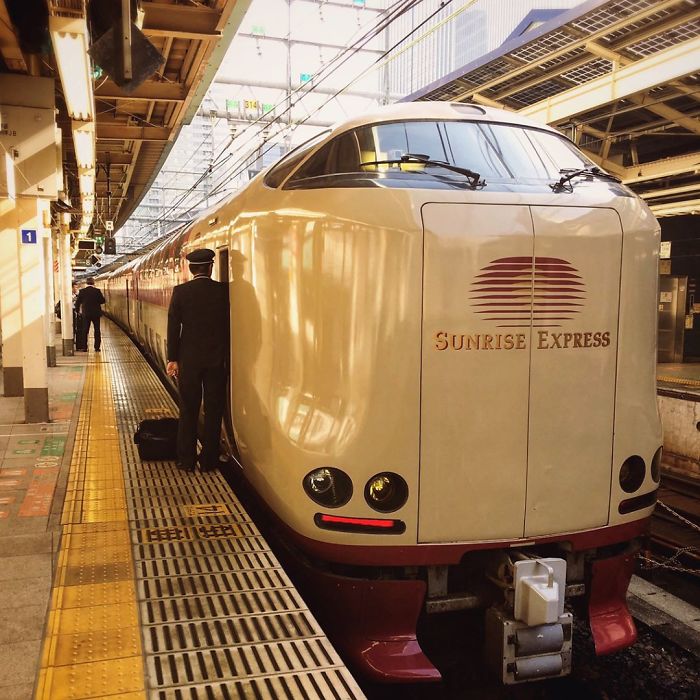
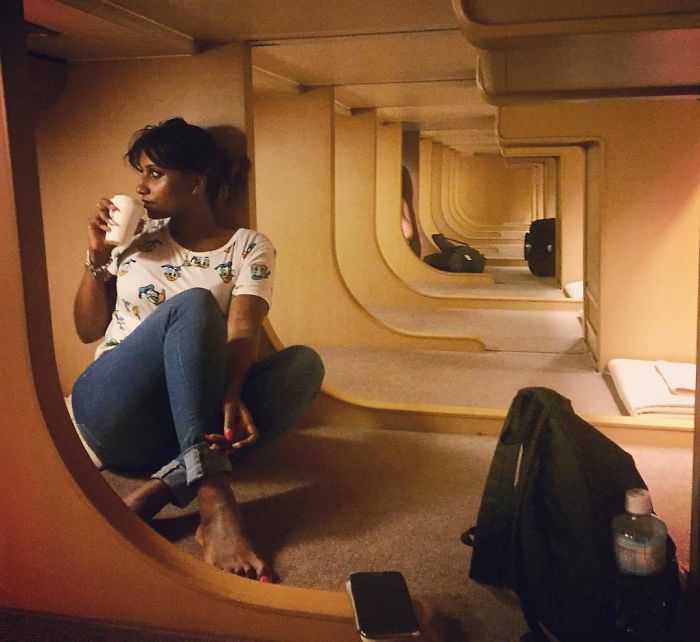
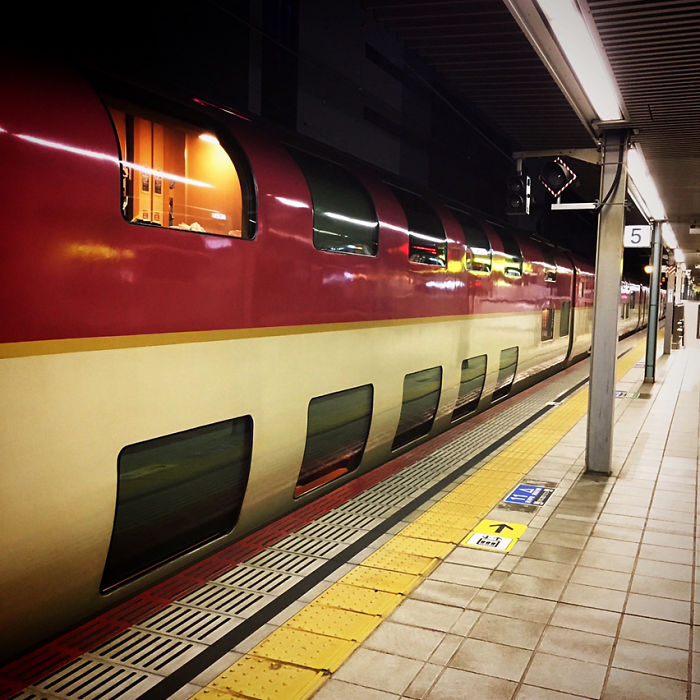
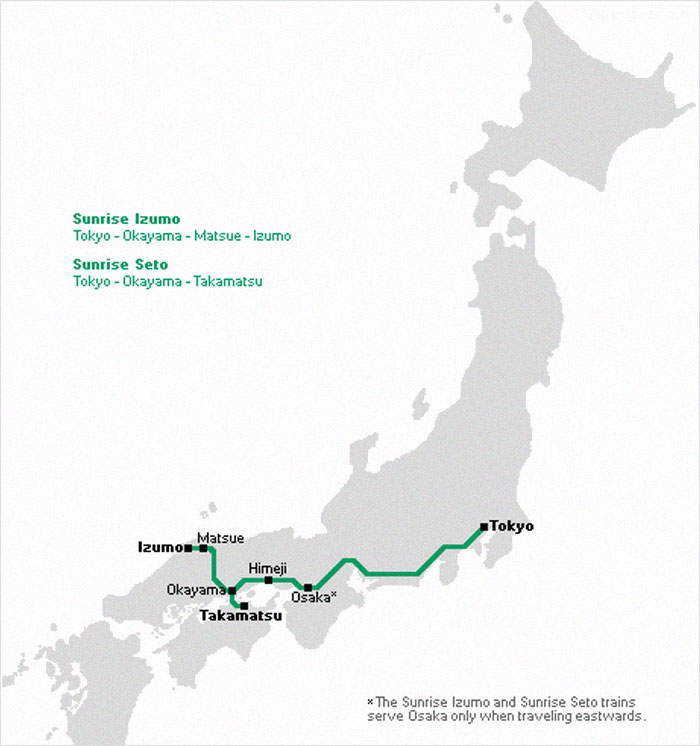
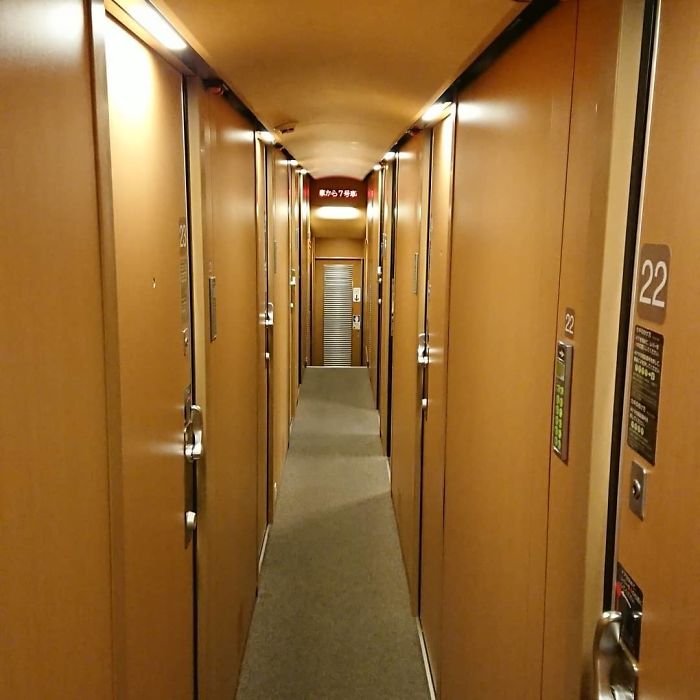
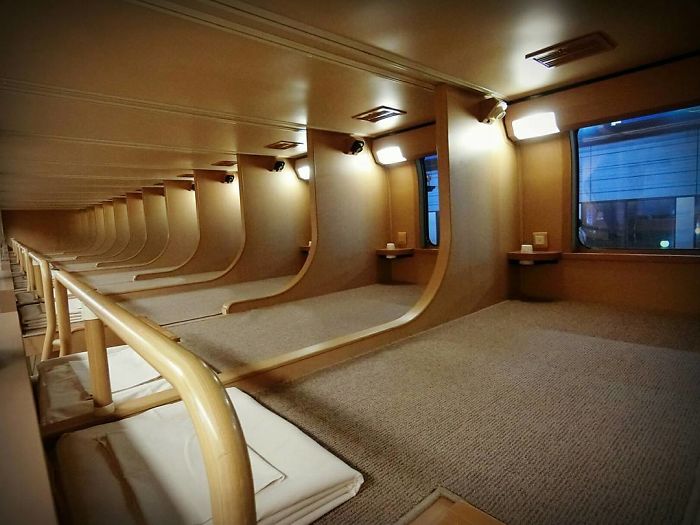
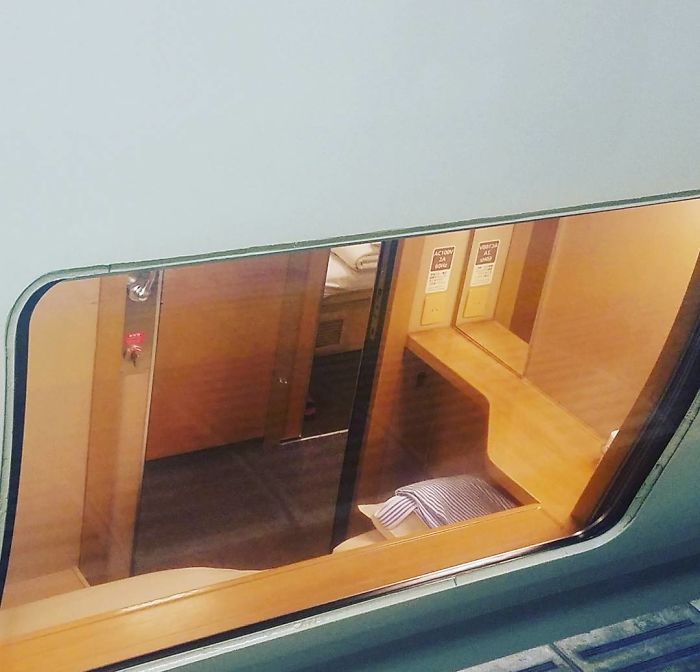
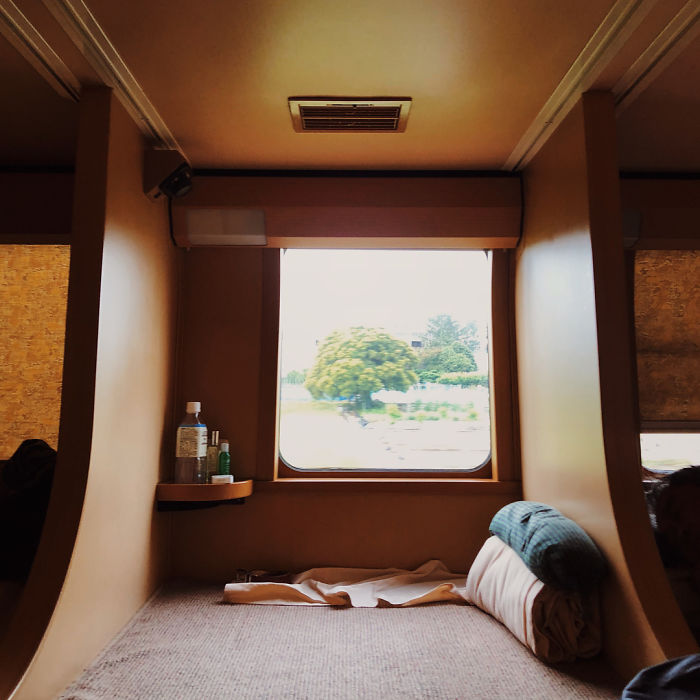
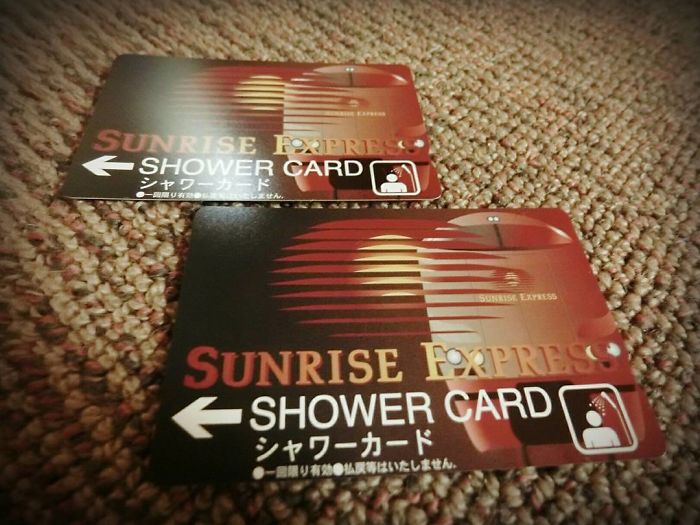
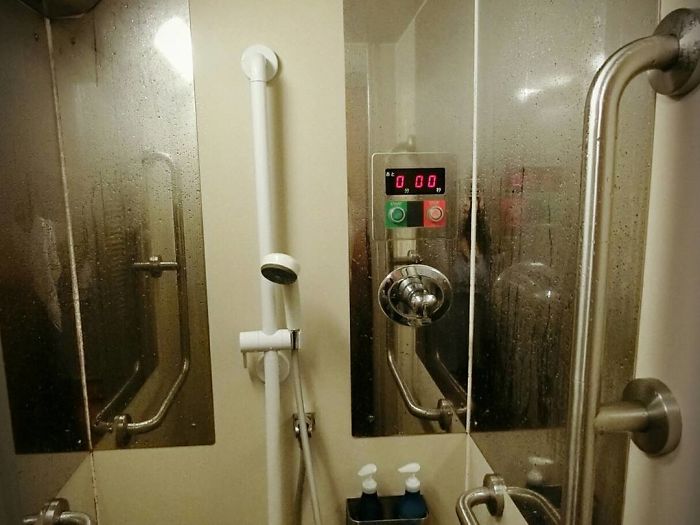
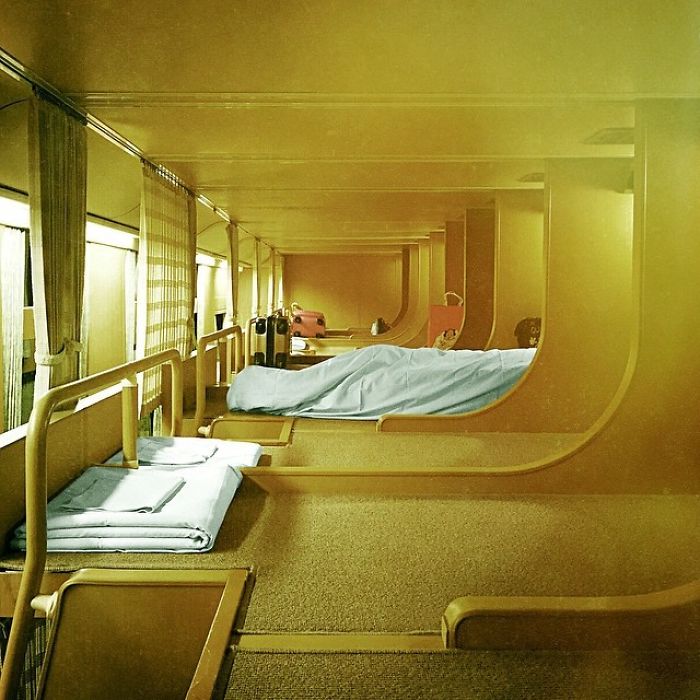
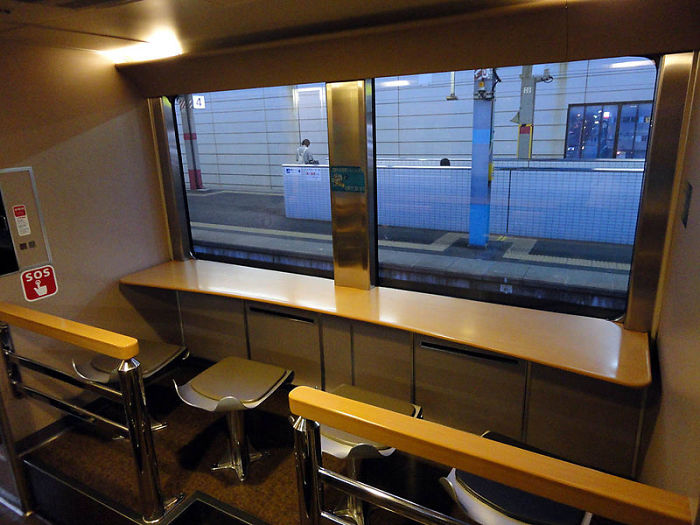
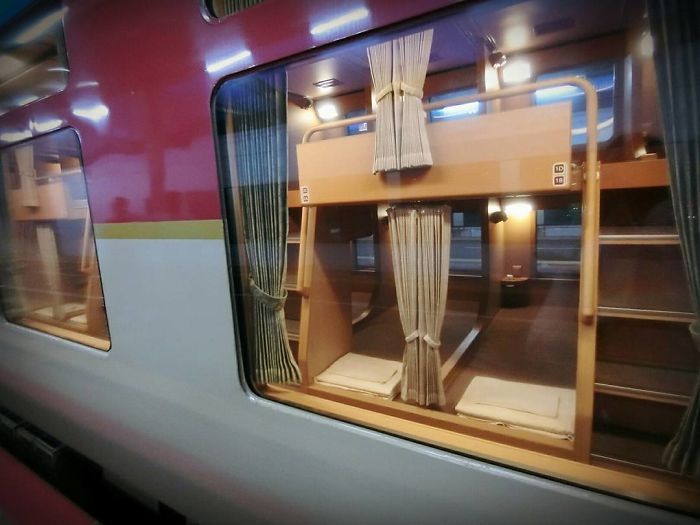
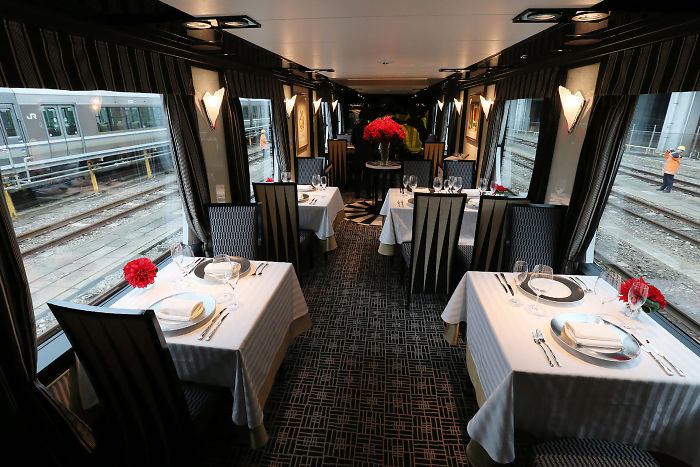
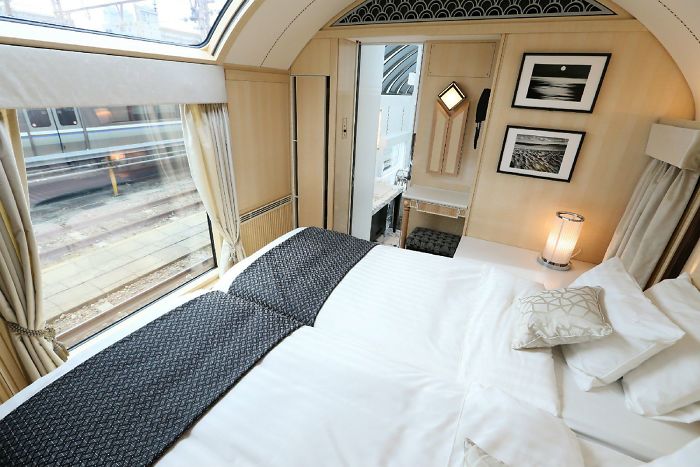
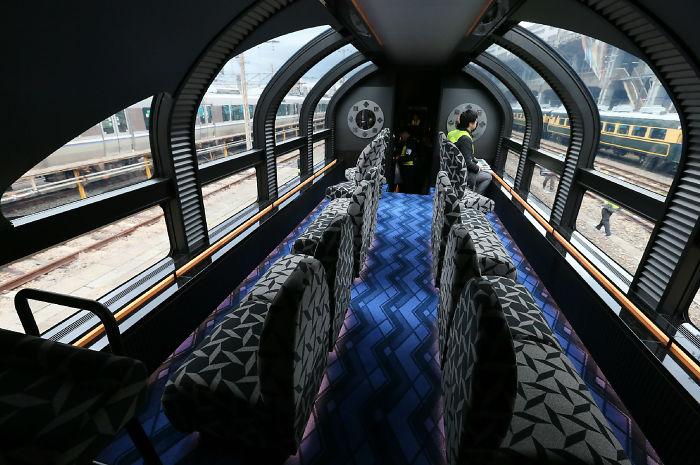
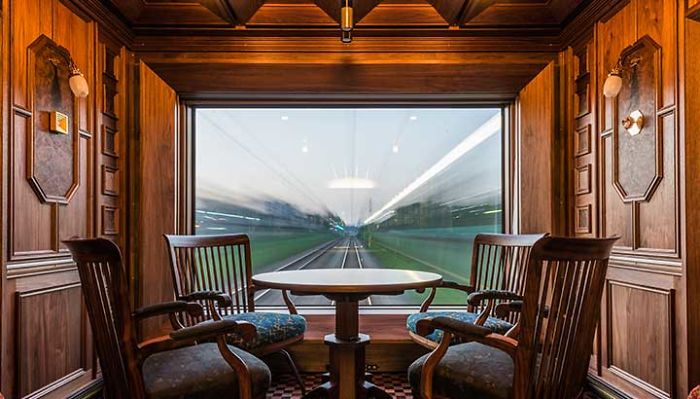
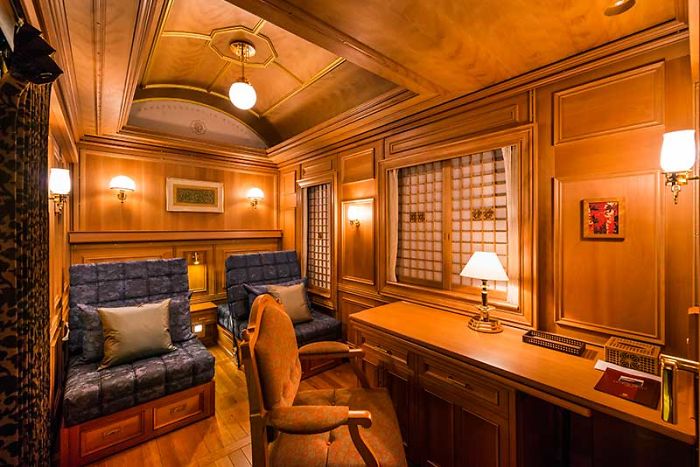
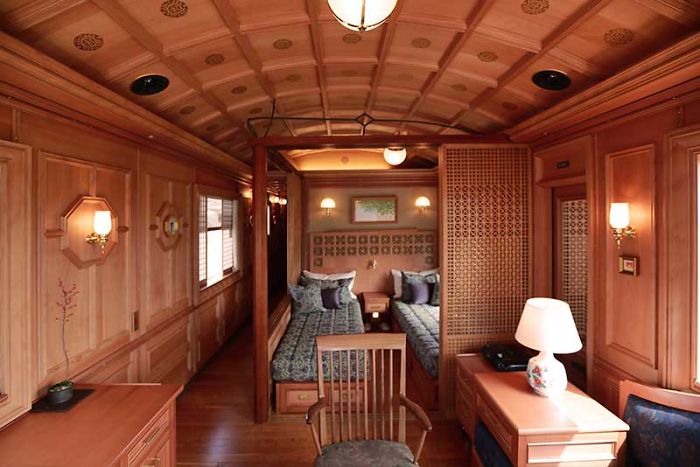
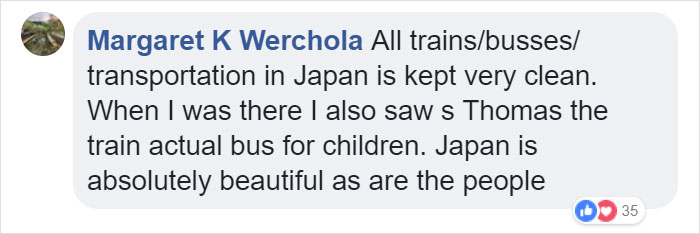


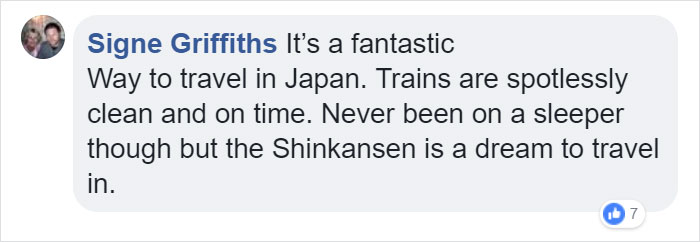
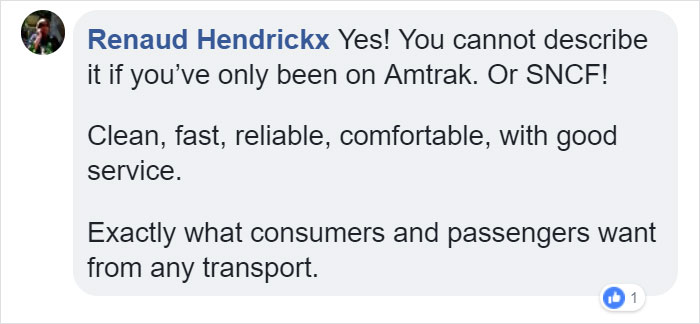














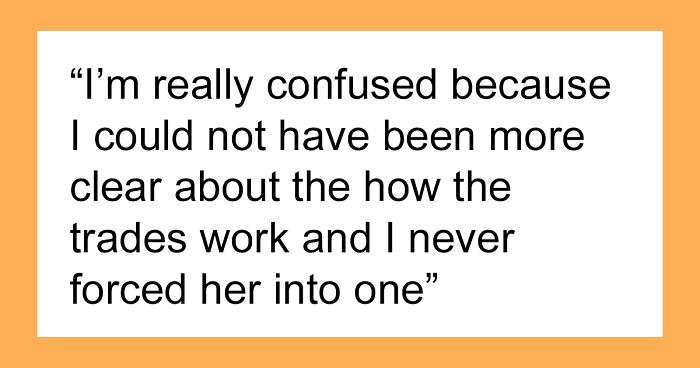

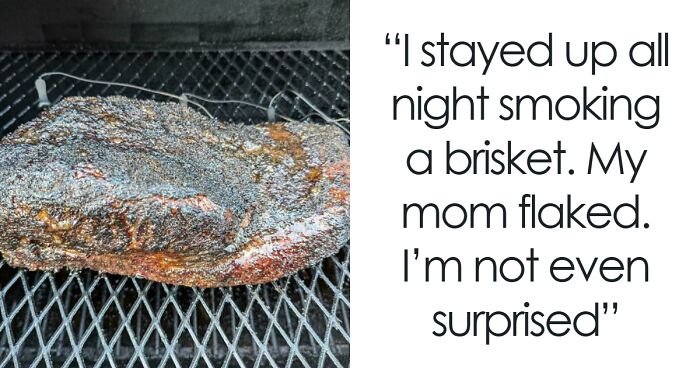

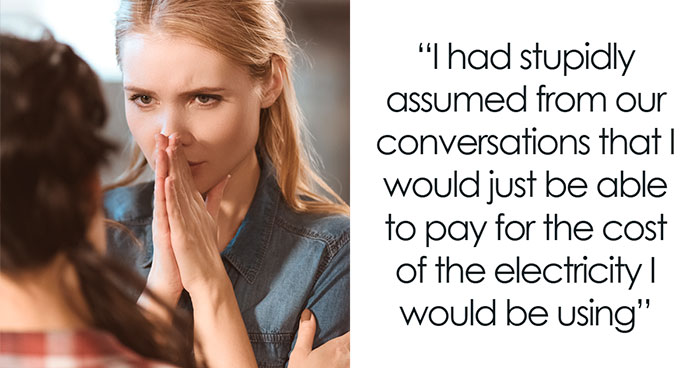









429
48